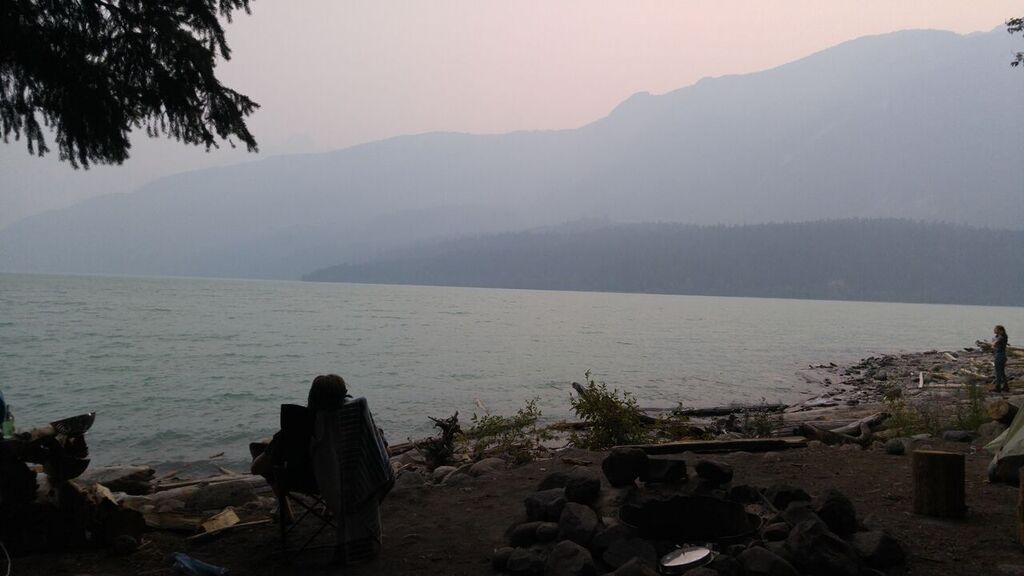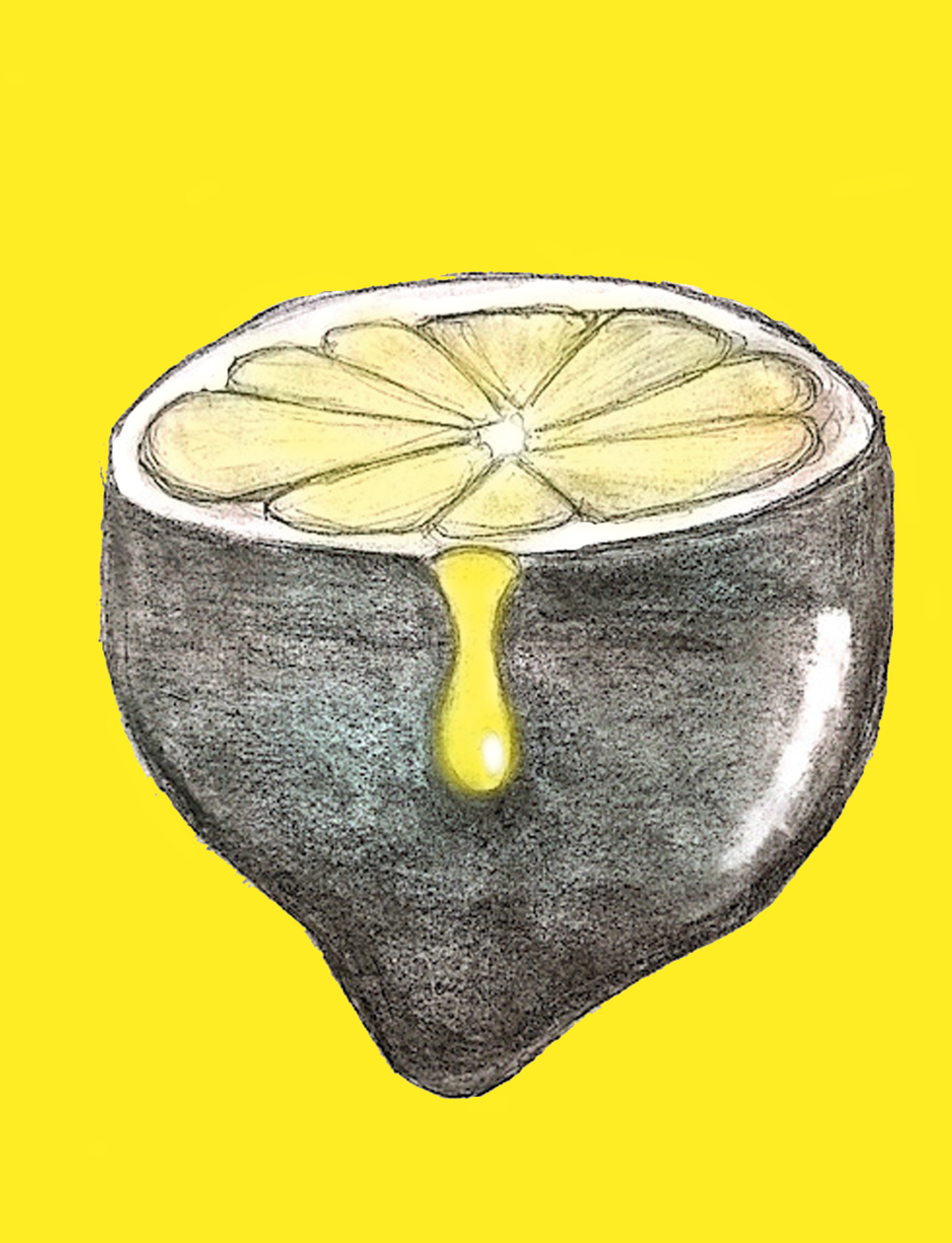Noticing the overlooked people around you
By Morgan Hannah, Contributor
The first time I saw him, it was a bright and sunny New Westminster day. He was wearing a blue Canucks ballcap, had holes in his jeans, and there was a plastic Tupperware container beside him on the sidewalk, where he sat.
“Mornin’,” he said with a simple smile of his own. Caught off-guard, I politely nodded back at him and continued on my way, avoiding eye contact and the dreaded moment when I would inevitably be asked for spare change.
The second time I saw him, it was a drizzly, grey morning. There he was, sitting on the sidewalk, accompanied by another man, this one with a beard and dishevelled hair. When the two of them began to talk, it was as if they were good friends sitting at a cafe, rather than sitting on the street in the rain.
The third time I saw him, I was at the recycling depot, my bottles and cans carefully washed. He had been watching me from behind a blue barrel filled with assorted glass bottles. I looked behind him for an empty barrel and was startled when he produced one for me.
“Here, you don’t want to get your hands all dirty.” he said, “I can help you with that.”
At first, I wanted to tell him that I was fine and could do it myself, but curiosity got the better of me as I caught myself thinking perhaps there was more to this man than meets the eye. In all the times that I’ve encountered him, he’s never asked me for anything, and in fact has offered to help me with something instead. So, I accepted his help and soon found myself talking to the man, trying to figure out who he was.
“Name’s Jim. Buddies call me Jam.” He expertly navigated his way around the depot, despite clearly not being an employee, so I found the courage to ask him about this. It turns out that he previously worked for Seaspan for 35 years.
“One day, I hurt my foot pretty bad, went on comp for about a year, and eventually ended up losing my job,” Jim said. He told me about how he was a widower who wasn’t smart with his money and didn’t have any savings or retirement funds, nor had he any family to help him out when finding work became hard.
As we finished sorting my empties and waiting for the clerk to tally them all up, Jim shared with me how he found himself alone and nearly out of money at age 64, something that a lot of people fear. He was in a tight spot, so he ended up having to move into a crummy, small apartment with a guy he met named Kyle. Kyle was out of work too. “We collected our CPPs, but they barely covered the rent, so we’d usually find ourselves on the street, hoping to get lucky, or doing what we can when we can.” He gestured to the barrels of empties surrounding us. “You get used to it after a while. No point being miserable over it, when it’s easier on the soul to make the best of where I’m at.”
Jim smiled. I was stunned. This neglected, elderly man was more at peace with where his life was at than most people ever are. I wanted to reach out and help this man, who had been so generous and open with me, who hadn’t asked for anything but connection, acknowledgement, and conversation.
“You know what, Jim? I have about a dozen errands to get to today, so I better get going, but it’d really help me out if you could turn in my bottles for me…” Jim looked at me with a confused expression. I knew what I was offering was small, but it was a start.
“But, how will you get your change?” He asked. I told him that I didn’t really need it and that he’d be doing me a favour, as all I wanted to do was get rid of the bottles. “Okay, but I owe you one!” He had said, smiling.
I shook my head and began to walk out the door, stopping to assure him, “No, we’re even!”
As I left the depot I couldn’t help but think about how many people out there are as overlooked as Jim is. Does anyone ever really take the time to stop and say hello? Maybe ask how someone’s day has been?
It’s possible that Jim only earned a couple of dollars from the bottles, but it was an opportunity to do some good for someone who definitely deserved it. It was an opportunity to ensure that Jim Michell, a hard-working man, was no longer overlooked. At the very least, he could count on me to wish him a good day every time I saw him.



